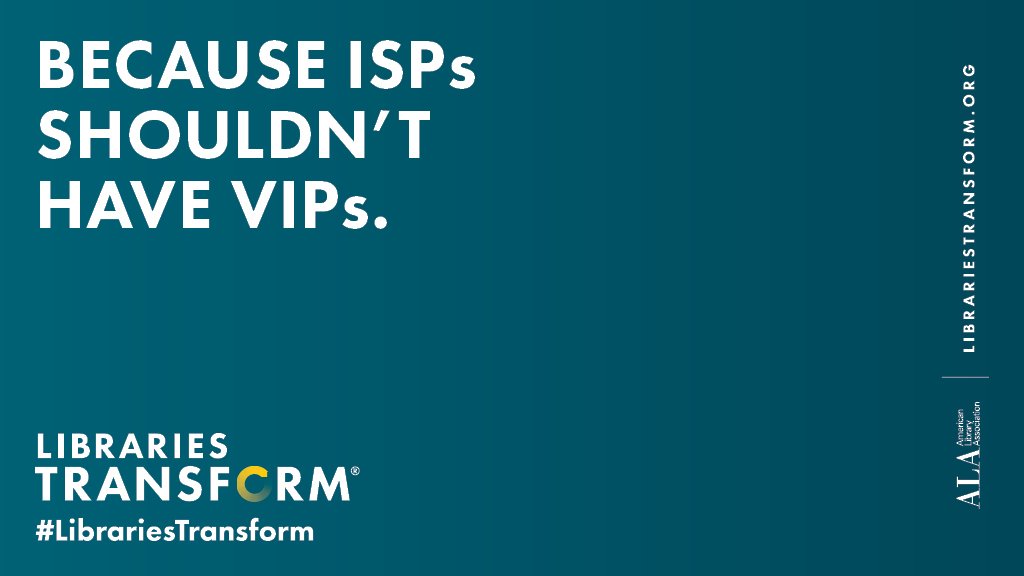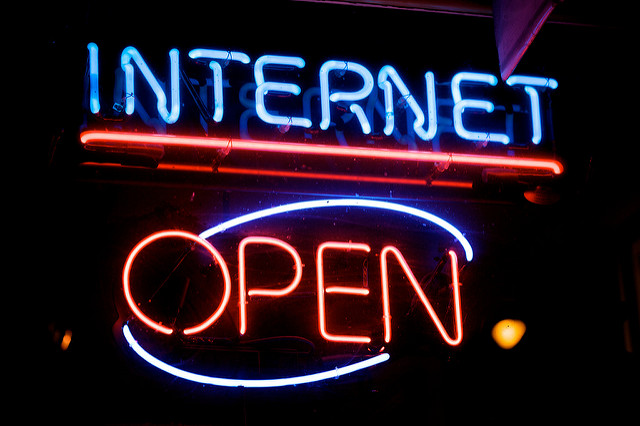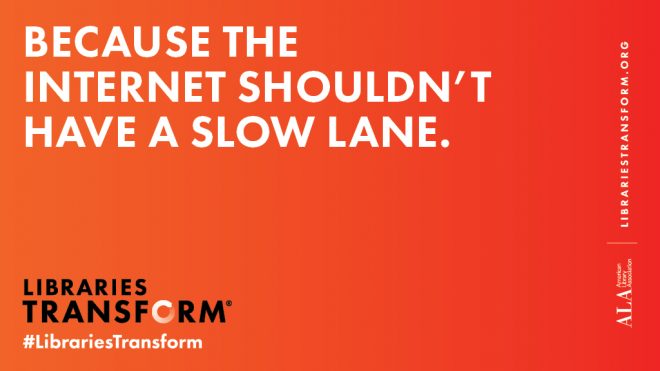What is Net Neutrality?
“Net neutrality” is the term used to describe the concept of keeping the Internet open to all lawful content, information, applications, and equipment. There is increasing concern that the owners of the local broadband connections (usually either the cable or telephone company) may block or discriminate against certain Internet users or applications in order to give an advantage to their own services. While the owners of the local network have a legitimate right to manage traffic on their network to prevent congestion, viruses, and so forth, network owners should not be able to block or degrade traffic based on the identity of the user or the type of application solely to favor their interests. — Educause
More information:
More information:
- To encourage scholarship and innovation, speak up for net neutrality (UC Davis)
-
Net Neutrality to Be Revoked by Federal Communications Commission (Association of Research Libraries)
-
DLF strongly opposes FCC proposal to weaken net neutrality regulations (Digital Library Federation)
- ALA’s resources on Network Neutrality and their action center (American Library Association)
-
PLOS Supports Net Neutrality to Ensure Global Access to the Scientific Literature (Public Library of Science)
- Take Action to Support Net Neutrality Protections (Medical Library Association)

Action:
On December 14, 2017, the Federal Communications Commission (FCC) is scheduled to vote to roll back Net Neutrality. Take action on this issue by calling or emailing your members of Congress.


